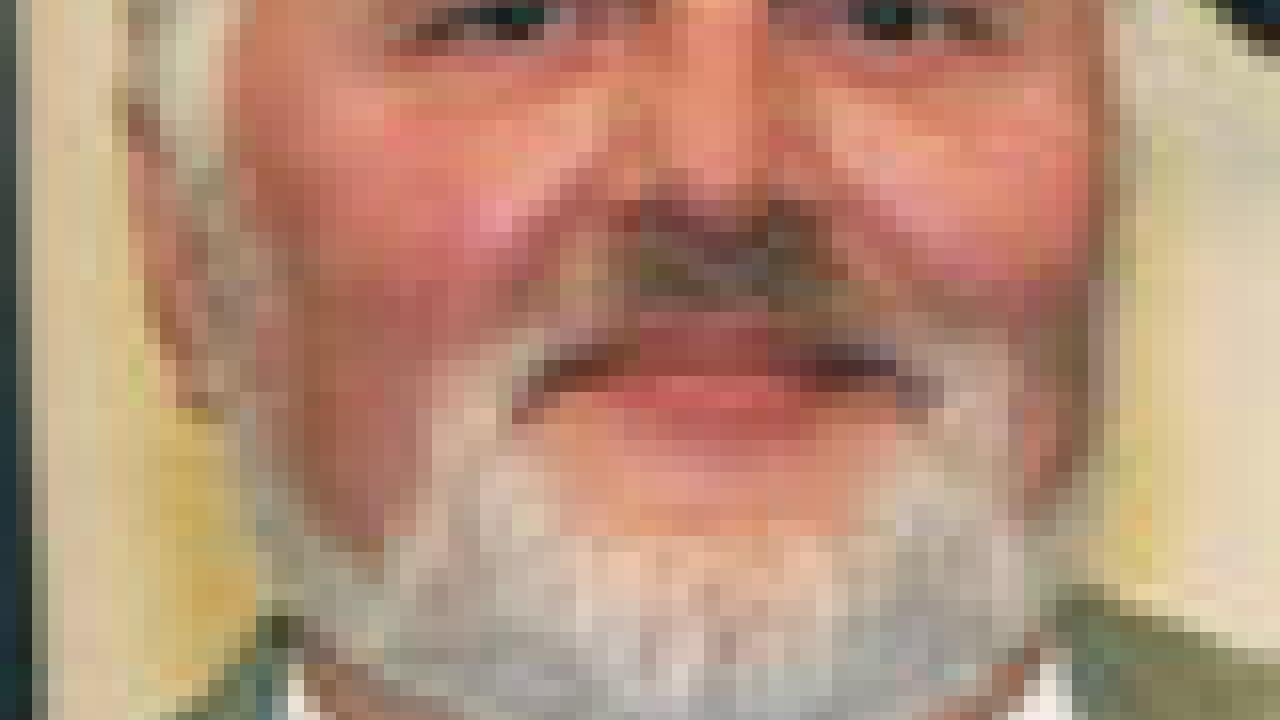UC Davis will be hosting top graduate students in computer visualization from Germany under a new nine-year program funded by the Deutsche Forschungsgemeinschaft (DFG), Germany's equivalent of the National Science Foundation.
The effort will be the first of its kind between a German university and a U.S. institution, said Bernd Hamann, associate vice chancellor for research and U.S. co-principal investigator.
Students in the program will work on "virtual reality" and similar techniques for handling and interpreting large, unstructured datasets. At UC Davis, they will have the opportunity to work with researchers in areas such as earthquake simulation and environmental monitoring. Students in the program will divide their time evenly between Germany and the United States.
"Globally operating companies need people who can deal with global challenges," said Hans Hagen, professor of computer science at the University of Kaiserlautern, Germany, and principal investigator on the grant. The program will help scientists become "global players" who can work easily in international and interdisciplinary groups, he said.
The program creates an International Research Training Group (IRTG) in data visualization, administered by the University of Kaiserslautern.
UC Davis was selected as lead U.S. partner because of the reputation and breadth of its visualization research program, Hagen said, and because of the international and interdisciplinary environment within the Institute for Data Analysis and Visualization (IDAV, formerly the Center for Image Processing and Integrated Computing, CIPIC) at UC Davis. Other U.S. universities involved are UC Irvine, the University of Utah and Arizona State University.
"Combined, these are the leading U.S. universities in visualization," said Peter Dannenmann, senior researcher and manager in Hagen's laboratory at the University of Kaiserslautern and the German Research Center for Artificial Intelligence.
Attracting top international graduate students to U.S. universities is becoming more challenging for many reasons, including increasing costs, visa rules and stronger competition from other countries, said William Lacy, vice provost for Outreach and International Programs.
"This kind of partnership is very important for us to continue as an international leader in scientific collaboration," Lacy said. "It's international, interdisciplinary and inter-institutional." Lacy's office provides small seed grants to help get such international initiatives under way, he said.
Under the newly announced program, the DFG will provide stipends for 36 German graduate students over nine years, with students taking three years to complete their Ph.D. degrees. Initial funding is for 2.4 million Euros (about $3 million) for the first four-and-a-half years. Another nine students will be funded by the state government of Rhineland-Palatinate, where the University of Kaiserslautern is located.
In Germany, being a graduate student is considered a professional position with significant teaching duties. Students in the program will be free of those responsibilities, allowing them to focus on research and complete their degrees more quickly, Dannenmann said.
"It's very helpful for German graduate students to be able to spend part of their education in the U.S., and it will help quite a bit in their careers," said Gunther Weber, a postdoctoral researcher at the IDAV. Weber helped draw up the proposal with Ingrid Hotz, another postdoctoral researcher at the institute.
Weber describes himself as a "test case" for the program as he spent about half of his doctoral studies, completed in September 2004, at UC Davis and half at Kaiserslautern.
"It enabled me to spend time in environments with slightly different approaches, and I ended up working with a larger group of people," he said. But without a formal program, funding his studies was complicated and each return to Davis meant finding somewhere new to live. Students in the new program will be able to come and perform their research and not worry about day to day matters, Weber said.
The grant also includes support for regular summer workshops in Germany and the U.S. to bring together students funded by the program, other students and researchers from participating groups, and their collaborators, Hamann said.
International graduate education is a particularly good way to bring students from different countries and cultures into contact, said Enrique Lavernia, dean of the college of engineering. During the recent visit to Iran by a UC Davis delegation lead by Chancellor Larry Vanderhoef, Lavernia and others met UC Davis alumni, now senior faculty, keen to maintain and build links to the U.S. and to the campus.
"The networks that we make in graduate school last a lifetime, and these relationships mold the way that we and they think," Lavernia said.
Jeffery Gibeling, dean of graduate studies added, "Graduate education has been an international activity for decades, but new ways of interacting with other educational institutions are emerging." The program with the University of Kaiserslautern will serve as an example for other collaborations that have been proposed, Gibeling said.
In fact, UC Davis researchers have recently submitted a proposal for a parallel program to send U.S. graduate students to Germany.
Media Resources
Andy Fell, Research news (emphasis: biological and physical sciences, and engineering), 530-752-4533, ahfell@ucdavis.edu
